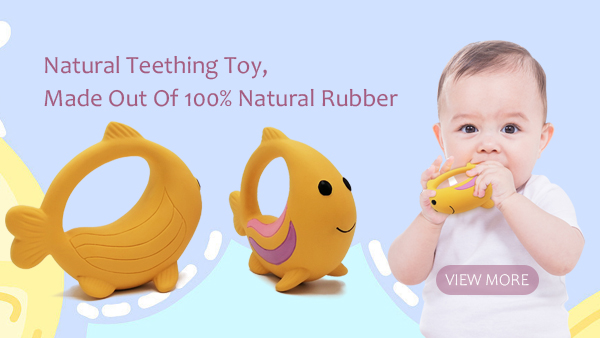The advantages and disadvantages of environmentally friendly natural rubber toys

Natural rubber has a series of excellent physical and mechanical properties, is the best comprehensive performance of rubber. Natural rubber has both advantages and disadvantages. The following is a brief introduction of the advantages and disadvantages of natural rubber and its application.
First, the advantages of natural rubber
1, high mechanical strength, under the action of external force can crystallize, crystallinity is small, and is greatly affected by temperature, resulting in self-reinforcing effect. The tensile strength of pure rubber vulcanized rubber is 17~25MPa, and the carbon black reinforced vulcanized rubber can reach 25~35MPa.
2, good flexural fatigue resistance, small lag loss, low heat generation when multiple deformation; Good cold resistance, excellent air tightness, water resistance, electrical insulation and adiabatic performance.
3, good elasticity, elastic modulus is about 1/30000 of steel, elongation is 300 times of steel. The maximum elongation can reach 1000%. The rebound rate can reach more than 50%~80% in the range of 0~100℃.
Two, the shortcomings of natural rubber
The disadvantages of natural rubber are poor oil resistance, ozone aging resistance and heat resistance to oxygen aging. Natural rubber is non-polar rubber, therefore, soluble in gasoline and benzene and other non-polar organic solvents. Natural rubber contains unsaturated double bonds and is therefore chemically active. In the air is easy to carry out automatic catalytic oxidation chain reaction with oxygen, so that the molecular chain is broken or over-cross-linked, rubber adhesion or chapping, that is, aging phenomenon. The rubber without anti-aging agent will appear chapped after exposure to the sun for 4~7 days; Cracks occur within seconds of contact with ozone. Adding antiaging agent can improve its aging resistance.
